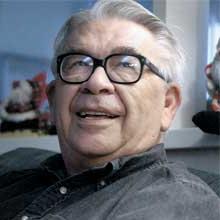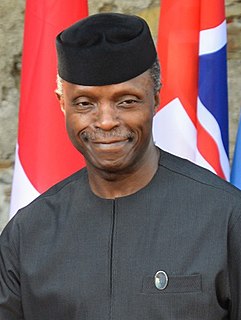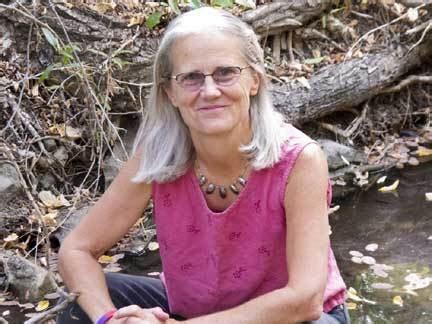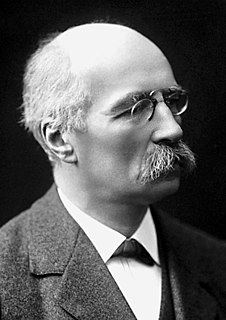A Quote by Vine Deloria Jr.
It is this subtle dimension of understanding that marks the southwestern Indian peoples from other religions and separates tribal peoples from the world's religions. Somewhere in the planetary history religious expression changed from participation in the sound, color and rhythm of nature to the abstractions of man outside this context pleading for temporary respite and hoping in the next life to return to the Garden.
Related Quotes
An important advance in the life of a people is the transformation of the religion of fear into the moral religion. But one must avoid the prejudice that regards the religions of primitive peoples as pure fear religions and those of the civilized races as pure moral religions. All are mixed forms, though the moral element predominates in the higher levels of social life. Common to all these types is the anthropomorphic character of the idea of God.
The history of religions reaches down and makes contact with that which is essentially human: the relation of man to the sacred. The history of religions can play an extremely important role in the crisis we are living through. The crises of modern man are to a large extent religious ones, insofar as they are an awakening of his awareness to an absence of meaning.
All the other large and small nationalities and peoples are destined to perish before long in the revolutionary world storm. The next world war will result in the disappearance from the face of the earth not only of reactionary classes and dynasties, but also of entire reactionary peoples. And that, too, is a step forward.
All religions are not the same. All religions do not point to God. All religions do not say that all religions are the same. At the heart of every religion is an uncompromising commitment to a particular way of defining who God is or is not and accordingly, of defining life's purpose.
Anyone who claims that all religions are the same betrays not only an ignorance of all religions but also a caricatured view of even the best-known ones. Every religion at its core is exclusive.
The peoples are not awake...[There are dangers] which will render a world organization impossible.
I foresee the renewal of...the secret bargaining behind closed doors. Peoples will be as before,
the sheep sent to the slaughterhouses or to the meadows as it pleases the shepherds.
International institutions ought to be, as the national ones in democratic countries,
established by the peoples and for the peoples.
It is with a rush of home-sickness that the thought of death presents itself.... Such sentiment is the eternal stock of all religions, modified indeed by changes of time and place, but indestructible, because its root is so deep in the earth of man's nature. The breath of religious initiators passes over them; a few "rise up with wings as eagles" [Isaiah 40:31], but the broad level of religious life is not permanently changed. Religious progress, like all purely spiritual progress, is confined to a few.

































